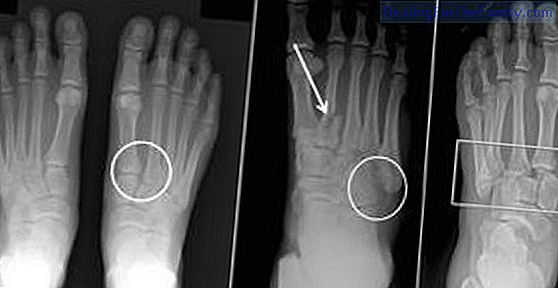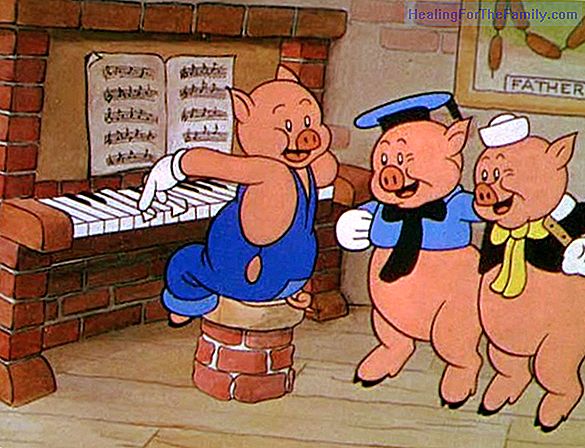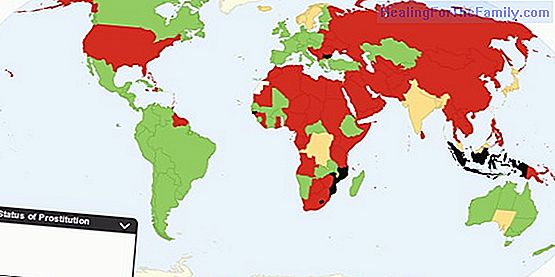Learning two languages in childhood improves the memory of children
There are many benefits of child rearing at the same time in Spanish and English, we are going to focus on the benefits it produces in the child's memory, and that bilingual children have a better memory in front of children who only speak a language. Childhood is the stage of life in which we learn
There are many benefits of child rearing at the same time in Spanish and English, we are going to focus on the benefits it produces in the child's memory, and that bilingual children have a better memory in front of children who only speak a language.
Childhood is the stage of life in which we learn to memorize in a natural way, according to the experiences and activities we do, to know how children's memory works, we must differentiate between two types of activities where memory intervenes :
Recognition: The child identifies something that he has already seen or heard before. During the first stage of childhood, recognition is one of the best feelings children have, seeing something and associating it with something they have already seen, this explains why children like to see the same thing over and over again, as well as programs or simple songs, since they feel satisfaction when they recognize something they have already seen or lived.
The memory: The ability we have to recover information from something we have lived or learned before. It is harder for us all to record memories, since the information we need is much higher than that of recognition.

How childhood bilingualism influences memory
One of the biggest myths about bilingual education in children is that they delay the child when it comes to speaking, and it is said that the bilingual child has less vocabulary than a monolingual child in your primary or mother tongue.
When a young child is subjected to two languages at the same time, their brain begins to prepare to be able to defend themselves in two different languages, since over time the child should be able to communicate with English and Spanish without distinction, in order to do this , the brain of the child must be able to memorize a number of words much higher than a monolingual child (does not get twice as many words) besides having them organized in a different way to access their information as quickly as possible according to the situation requires.
When having to memorize such amount of information, the child will spend more time organizing the brain to be able to satisfy this new need, this provokes the delay in the speech in front of the monolingual children, the following years, it is certain that the vocabulary in Spanish of the The child will be inferior to a child who only speaks Spanish, although the truth is that the bilingual child will learn many more words every day, many will be repeated as a car and "car".
All these differences in the learning of two languages at the same time, get the brain of the bilingual child has a totally different organization, preparing to have to memorize much more information, in addition to organizing it in a more efficient way, to be able to access to her quickly and without any effort.












